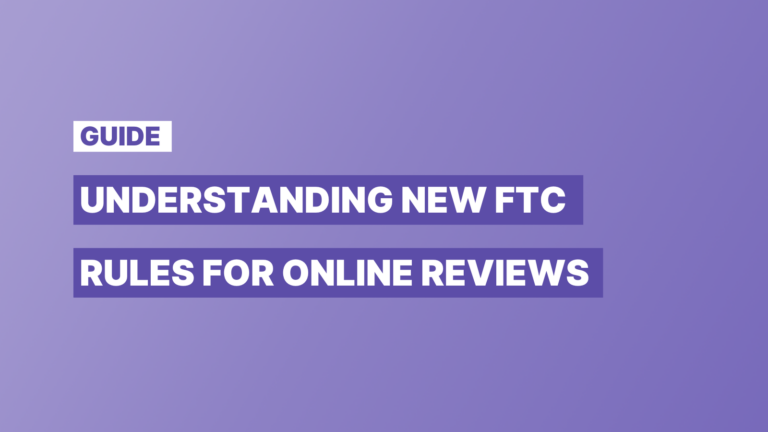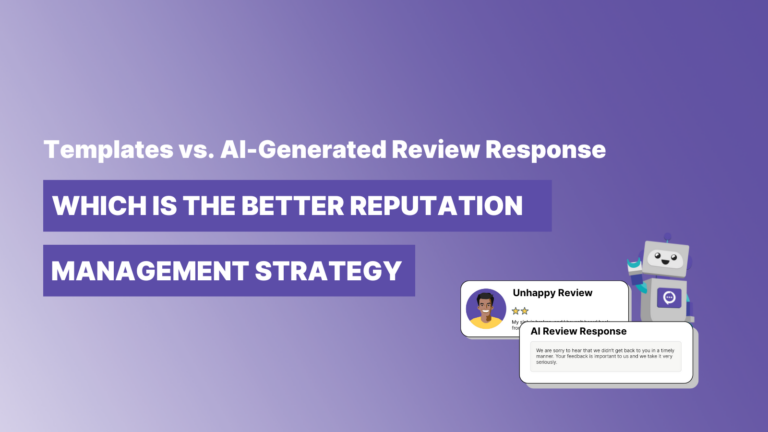Apartment review management may not always be straightforward. Property managers and apartment marketing professionals understand the sinking feeling that comes when their apartment community gets hit with a negative online review.
It’s usually fairly straightforward to respond to valid complaints about things like noise transfer, dog waste, or maintenance issues — apologize, empathize, offer a solution, and follow through.
Of course, sometimes that’s still not the end of it, but it’s helpful to view legitimate feedback from residents as an opportunity to make your community an even better place to live.
But what if the negative review is not valid? What if it’s actually fake, written by a competitor or someone who has a beef against your company? Here’s how to navigate that apartment community negative review.
First, let’s look at how to recognize fake reviews. Although you probably know one when you see it, they usually fall into one or more of these categories:
- The names don’t match anyone living in your community. Maybe the reviewer created a fake online persona to complain anonymously, but the review could also be written by a competitor or vendor or a disgruntled neighbor posing as a resident.
- They’re vague. Residents with valid complaints are more than happy to go into detail about their issues. Fakes ones tend to lack specifics, and they might mention major issues that you definitely would already know about if they were true, like flooding, fires, police activity, and so on.
- They come in one after another. If there is more than one and they’re submitted around the same time, it’s a sure sign of a fake review blitz. This also applies to one-star reviews with nothing written.
- The reviewer left positive reviews for a competitor. If you’re suspicious of a review, take a peek at your competitor’s reviews on the same platform. If you see that the same person left a positive review for this community, you can reasonably suspect that the person who wrote your negative review is associated with the competition.
Keep in mind that prospective renters are reading these reviews and paying attention to how you respond, whether the reviews are fake or not. It’s important to remember that how you respond also impacts your apartment community’s reputation. So keep your response professional and follow this strategy:
- Don’t apologize. This could be viewed as an admission of guilt. However, it’s perfectly reasonable to use language like, “I regret that you feel this way” or “I’m sorry to receive this feedback.”
- Set the record straight. If the name of the reviewer does not match any of your residents, say that. A good way to phrase this is, “We would love the opportunity to address your concerns, but we checked our records and we’re unable to find anyone with your name as a resident of our community. Could you have confused us with another community? If you do live here, please contact our manager so we may speak to you about your concerns.”
- Explain. This might not be possible in all instances, but if you can invalidate the complaints in the fake review, do so. For example, if it mentions excessive dog waste on the property, explain how this isn’t possible given that your community has a service that comes out daily to pick it up.
- Defend yourself. If the review contains personal attacks against you or your staff, respond in a measured way. Even if you’d like to use more colorful language, a better approach is to say, “We take issue with your characterization of [me or my staff], and we invite you to have a conversation with us so we can resolve [the issue].”
Now that you’ve identified and responded to the fake review, the next step is to try to get it removed. This isn’t easy and it’s not immediate, but it’s worth a shot. Since Google is the platform that has seen the most dramatic increase in the quantity of reviews in the last few years, we’ll focus on Google, keeping in mind that other sites like Yelp, Apartment Ratings and Apartments.com have similar policies. In many cases, the review won’t be removed because it doesn’t violate Google’s review guidelines. But there are numerous instances in which Google will do so. Here are a few examples:
- The reviewer leaves negative reviews for several apartment communities owned by the same company, claiming to be a current resident of all of them.
- Someone with a known beef against the community submits negative reviews using multiple profiles and asks friends to do so, and the reviews are left all at once or within a brief window of time.
- You receive a barrage of negative reviews and the same profile leaves positive reviews for a competitor.
- A current or former employee of the company submits negative reviews about their employer.
- Someone who isn’t associated with your community decides to leave a negative review based on an incident they heard about in the media or from someone they know.
If your community has experienced issues with fake negative reviews, you can seek more help in getting them removed by posting on the Google My Business forum or contacting GMB via Twitter or Facebook. You can also have a third party like Respage that specializes in apartment reputation management respond to the reviews on your behalf.






